Which players come to mind when asked to name the most lethal striker of the past three years?
Paris Saint-Germain duo Lionel Messi and Kylian Mbappe obviously rate highly in any such ranking, while over in Germany Borussia Dortmund phenomenon Erling Haaland and Bayern Munich's Robert Lewandowski also merit inclusion in the discussion, as of course does the evergreen Cristiano Ronaldo.
Gabriel 'Gabigol' Barbosa, however, has a record that is up there with the world's elite. Indeed, with the exception of the ravenous Lewandowski, his tally of 102 goals since joining Flamengo at the start of 2019 is superior to any of the superstars named above in the same period.
It has helped position the Rio de Janeiro giants as one of the most dangerous clubs in South American football, if not the entire planet.
On Saturday, Flamengo have the chance to regain the Copa Libertadores trophy they last won back in December 2019, as they meet defending champions Palmeiras in the final in Montevideo's venerable Estadio Centenario.
It is difficult to overstate just how important Gabriel has been to the side's fortunes over the past three years. In 2019, he netted two late goals to turn the tables on River Plate, sealing a 2-1 victory when the Argentines had already started to celebrate victory.
The striker finished that campaign as Copa top scorer with nine goals - a mark he has already surpassed this time round, reaching double figures as early as the quarter-final stage.
In a team packed with top-rate talent across the pitch, and coached by another former Libertadores winner in Gremio legend Renato Gaucho, Gabigol makes all the difference in the final third.
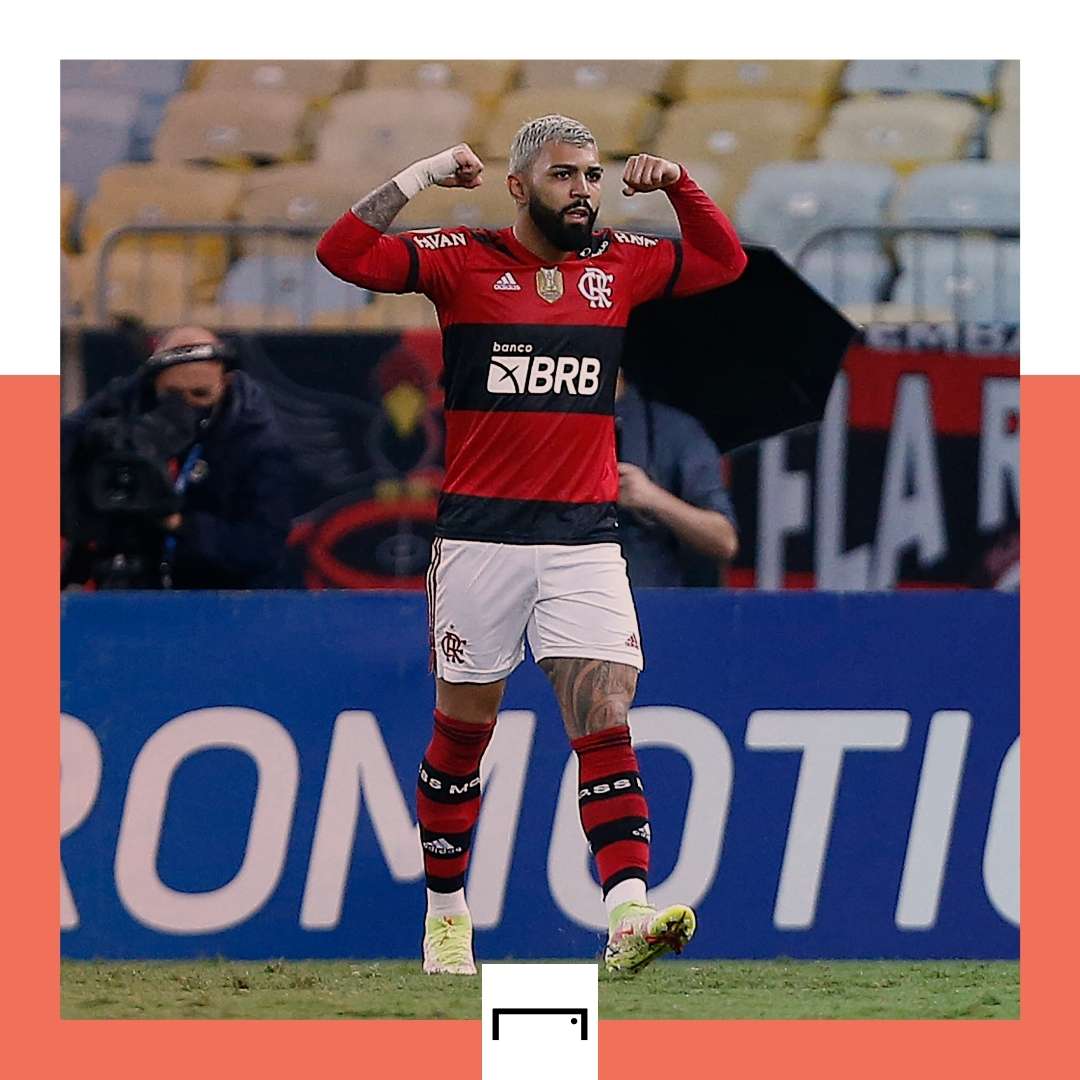 Getty Images
Getty ImagesA second South American title at just 24 years old would be a crowning moment for the ex-Inter flop, and should provide more than enough impetus to relaunch his career in European football.
What, though, if that prospect is not of interest to the supremely self-confident young icon of Brazilian football?
“I believe that I was born to play at Flamengo,” Gabriel explained in a recent interview with the club's own FlaTV channel. “It is a place at which I really see myself staying for a long time.
“I am not thinking about moving from here. I have learned to love Flamengo.”
It is natural, of course, given the identity of his interviewer, to assume the striker's words were at least partly platitudes to keep supporters happy ahead of the upcoming Libertadores test. But that does not mean there cannot also be some truth in what Gabriel affirmed.
He was clearly stung by his European experience, which lasted just 18 months between Inter and Benfica, 15 games and a mere two goals, culminating in his return to boyhood club Santos in January 2018.
For a man who had been billed as the natural heir to Neymar since he was 16 that was a chastening outcome, and it took no little time to rebuild his confidence back in Brazil after that disappointment.
At 24, moreover, he finds himself at an awkward age. The top European clubs tend to gravitate towards prospects still in their teenage years or at most barely past their 21st birthday, a stage which Gabriel has now left behind.
Should he be determined to make a go of it on the other side of the Atlantic Ocean, he would most likely have to do so at a side somewhat removed from the elite; West Ham United were one club, for example, linked with a possible transfer over the summer.
Gabigol enjoys idol status at the Estadio Maracana, the adoration of Flamengo's millions of fans and even his own catchphrase: “Hoje tem Gabigol” (Today there will be a Gabigol).
While his wages might not quite be at Premier League level, meanwhile, he still takes home around $3.6 million (£3m) annually, the highest wage package in all of Brazilian football.
The striker's international prospects have not been harmed either by remaining home. He is a regular face in Tite's Brazil team and barring injury or some other mishap is almost certain to make the cut for the World Cup next year.
In that perspective, the decision does not look at all clean-cut: giving up this trophy-laden, glamorous lifestyle a stone's throw from Copacabana beach in order to join a club who would class Europa League qualification as a decent return for a season and most likely could not hope to give him the same kind of exposure he enjoys at Flamengo.
It is not that straightforward, of course. European football remains the objective for players from all four corners of the globe, and Gabriel may well feel he still has unfinished business on the continent following that unpleasant first taste.
The context too would be wholly different this time round: instead of a talented yet raw and volatile young forward, any buyer would be receiving a seasoned striker at the peak of his powers and potentially carrying two Libertadores medals among his possessions.
That feat will not be easy either. Flamengo's star power, with the likes of David Luiz, Filipe Luis, Everton Ribeiro and Andreas Pereira to name just a few alongside their irrepressible scorer, will clash against the formidable organisation and solidity of Palmeiras, who shut out the dangerous Santos in last year's final and did the same again to the highly-rated Atletico Mineiro in the semis this time round.
If Gabigol is hoping for a repeat of his 2019 final against River both he and his Flamengo team-mates will have to be on top form to break down the green wall. But if he can, the doors to Europe should be wide open for such a prodigious forward – whether he chooses to walk through them is another question entirely.
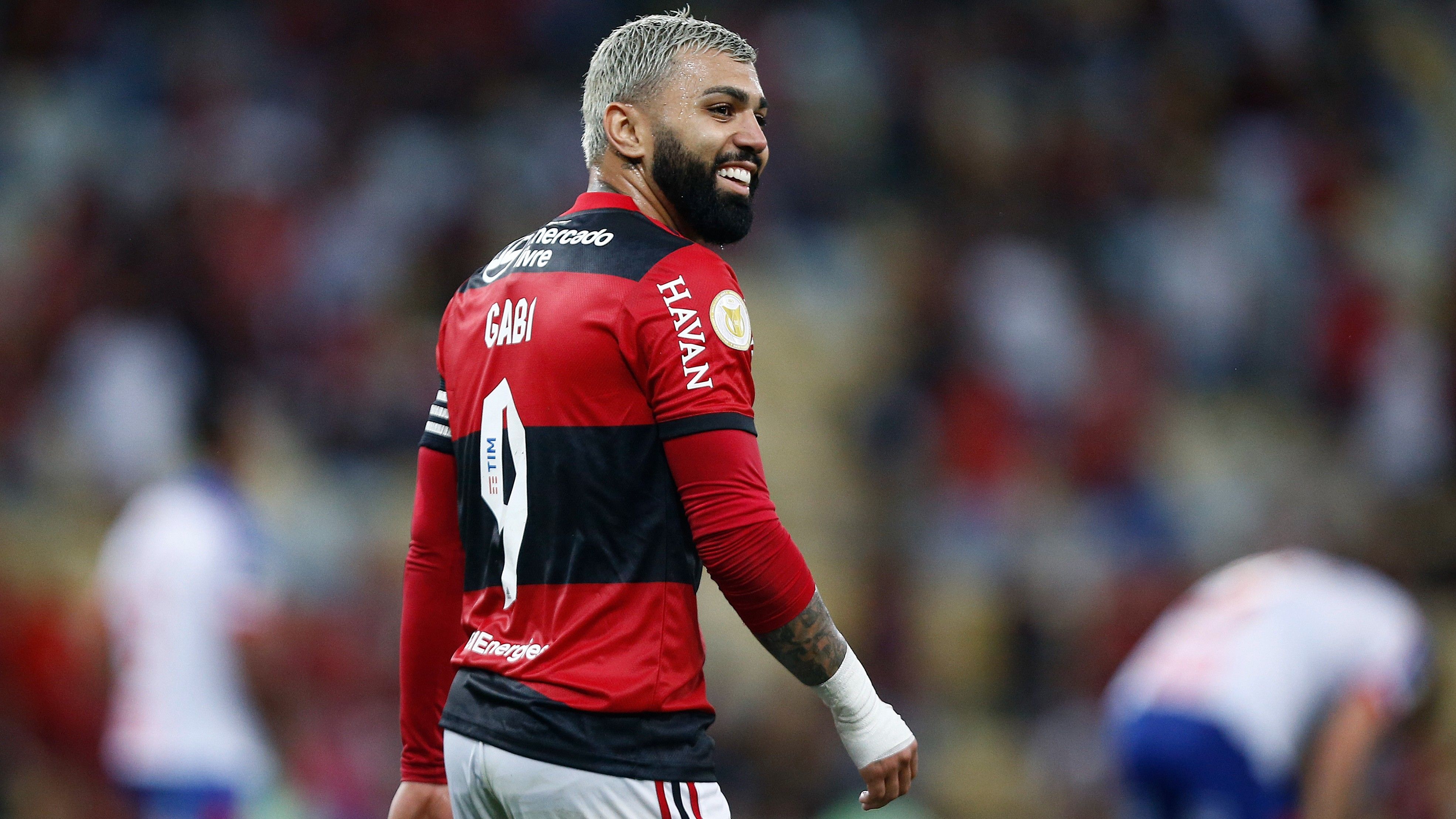.jpg?auto=webp&format=pjpg&width=3840&quality=60)




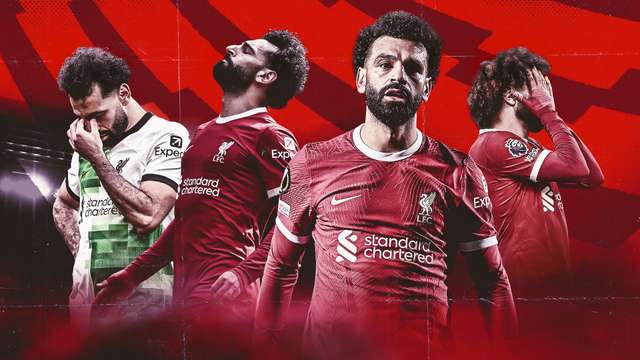
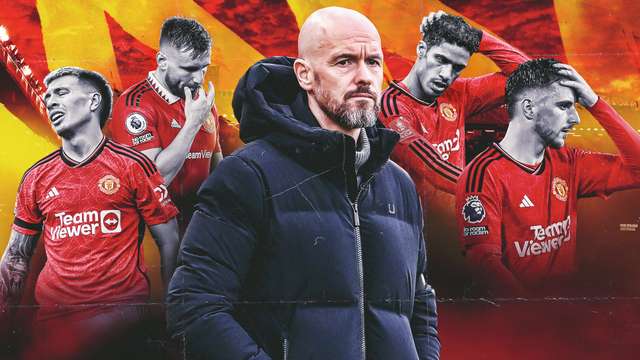
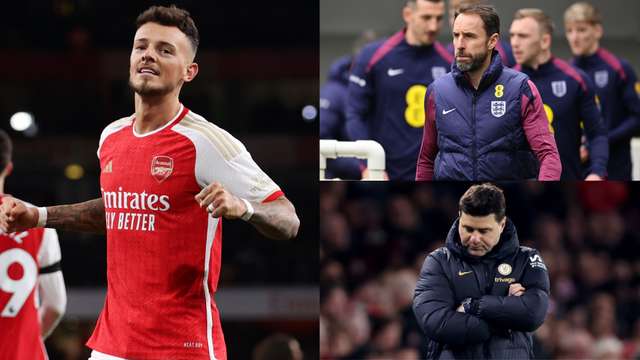
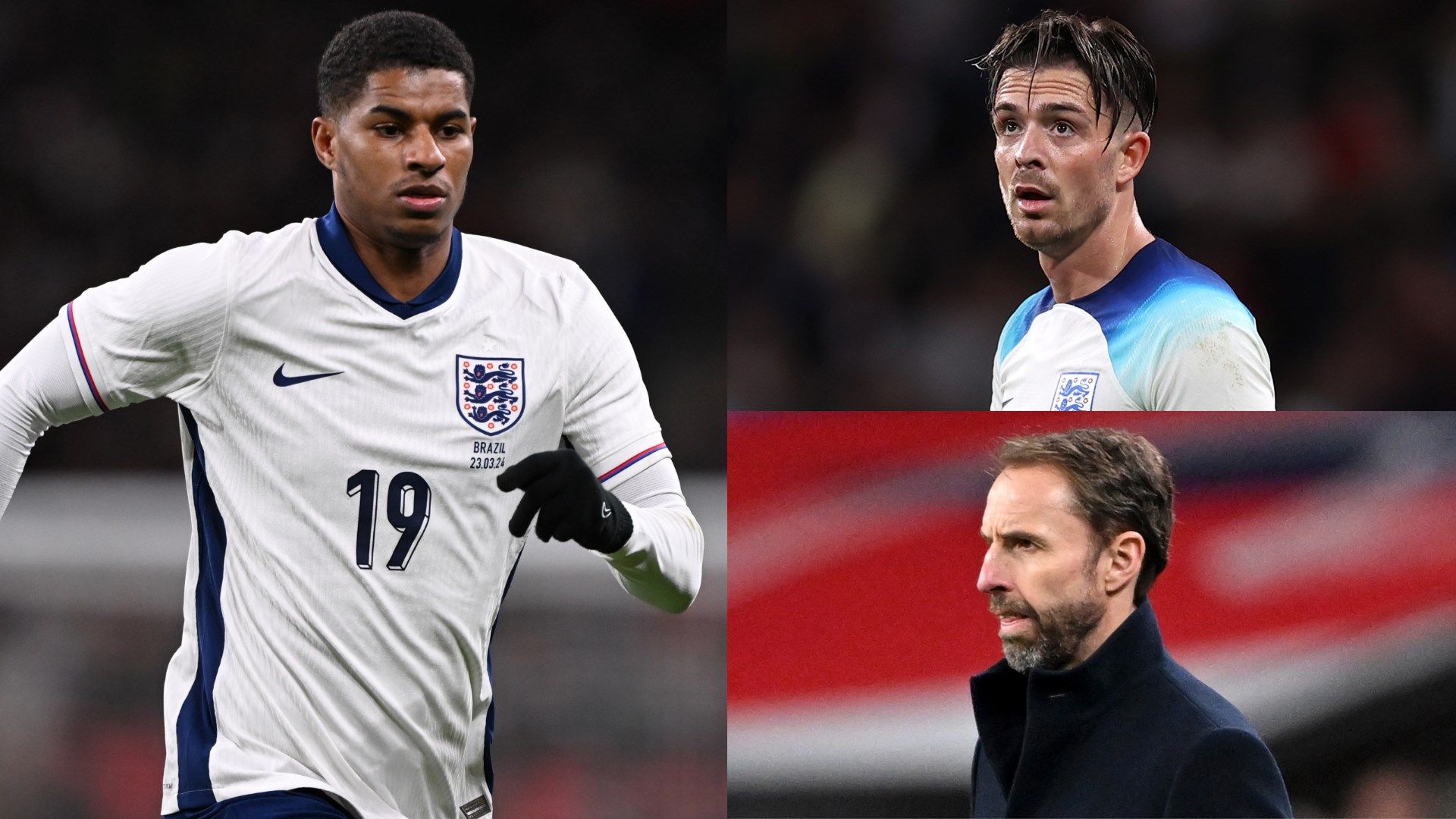.jpg?auto=webp&format=pjpg&width=640&quality=60)